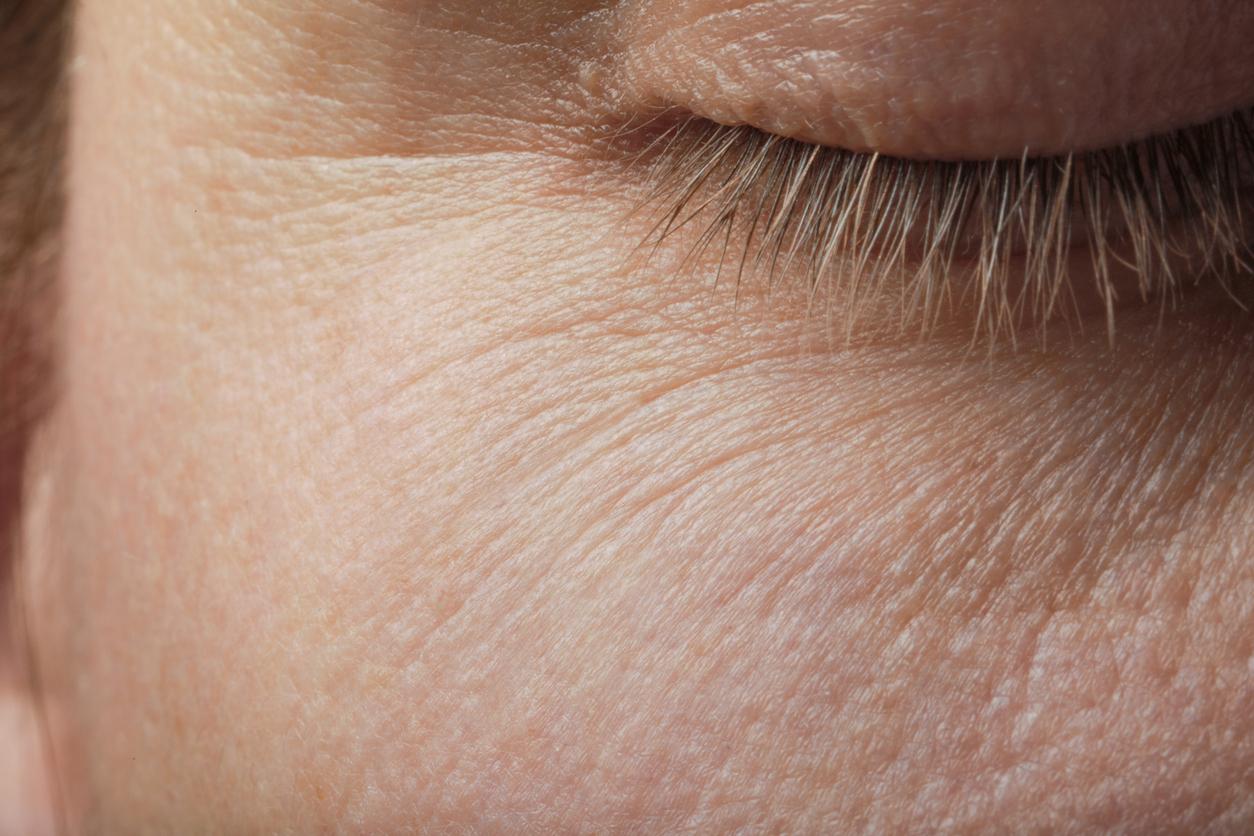October 16, 2009 – Quebec now has a Charter for a healthy and diverse body image1, aimed at countering excessive preoccupation with weight and associated health problems, including anorexia and bulimia.
No less than thirty stakeholders from different backgrounds worked on the drafting of this charter – fashion, advertising, media, education, health, community groups and government.
The Dr Howard steiger2, who co-chaired the working committee with journalist Esther Bégin, applauds the consensus represented by the new charter.
“This charter aims to reduce social pressures that encourage body dissatisfaction and I hope that society welcomes the normal variations in body shapes, to see fewer and fewer people suffer from anorexia nervosa and bulimia”, said he declared.
Seven articles
Made public by the Minister of Culture, Communications and the Status of Women, Christine Saint-Pierre, the charter has 7 articles, summarized below:
- 1. Promote a variety of body images (varying sizes, proportions and ages).
- 2. Encourage healthy eating and weight control habits.
- 3. Discourage excessive weight control or exaggerated appearance modification behaviors.
- 4. Refuse to subscribe to the aesthetic ideals of extreme thinness.
- 5. Stay alert to minimize the risk of anorexia nervosa, bulimia, and unhealthy preoccupation with weight.
- 6. Take action to promote healthy and realistic body images and practices.
- 7. Promote the Quebec Charter for a Healthy and Diverse Body Image to other partners.
“Beyond what these 7 articles stipulate, the great strength of the charter is the commitment to take the action that underlies it, by promoting authenticity to the detriment of artifice”, concluded Minister Saint-Pierre.
|
Listen to our interview with the Dr Howard Steiger: Does obsession with thinness lead to obesity?. |
Martin LaSalle – PasseportSanté.net
1. See the press release and the material distributed at a press conference on October 16, 2009: www.mcccf.gouv.qc.ca
2. The Dr Howard Steiger is Director of the Eating Disorders Program at the Douglas Mental Health University Institute: www.douglas.qc.ca [consulté le 16 octobre 2009].

















